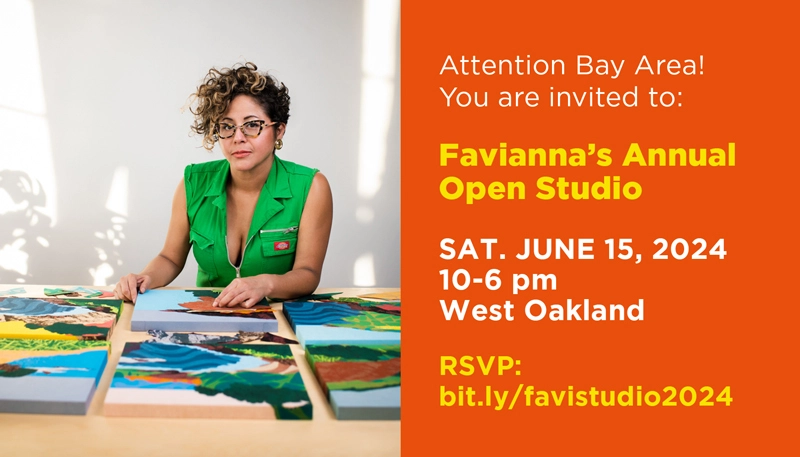
Perpetual Orgasm
This monotype is part of a series of self portraits about my own process of self exploration around my romantic desires, my sexuality and my choices around love. I grew up in a Latinx immigrant family that only talked about sex through negative and pain-oriented narratives, such as “close your legs” and “don’t get pregnant.” Sex was overwhelmingly presented through a disempowering lens, and as a result, I grew up without tools to negotiate my own desires and have sexual agency. I grew up feeling shame around my sexual desires and fantasies, and I didn’t know where to access tools and information about my body. However, that did not stop me. The first time I lost my virginity as a young teen was among the best days in my life, and it was the first time I experienced an orgasm.
Despite the repression of sexual conversations and the mega saturation of male-centric sexual desires in the culture around me, I was able to find my way as a turned-on teenager who yearned human touch. I learned through experimentation done in secret, often with partners who lacked experience and who often acted out their own internalized oppressions. Despite all the mediocre experiences, I kept trying to find what I liked and I eventually did. I was able to understand and embrace the best conditions for me to have an orgasm and I learned the language to communicate my desires, and to find my sex positive community. However, my journey had some hardships, including an unwanted pregnancy which I eventually terminated.
In my 30’s when I created this piece, I more clearly understood the power of knowing my own body, knowing what I enjoyed, and how to experience pleasure. I began to learn more about my clitoris, and became connected to a community of feminist sexual teachers and pleasure activists. After coming out about my abortion, I realized that the real work was to promote a culture of sex positivity, especially from my perspective as a queer woman of color.
As a society, we cannot continue to keep conversations about sex in the dark - because that perpetuates a culture of isolation, abuse, and ignorance, and it has a significant impact on young people. I believe that it is the human right of every person to have access to tools to make informed decisions about their bodies and how they want to be touched.

